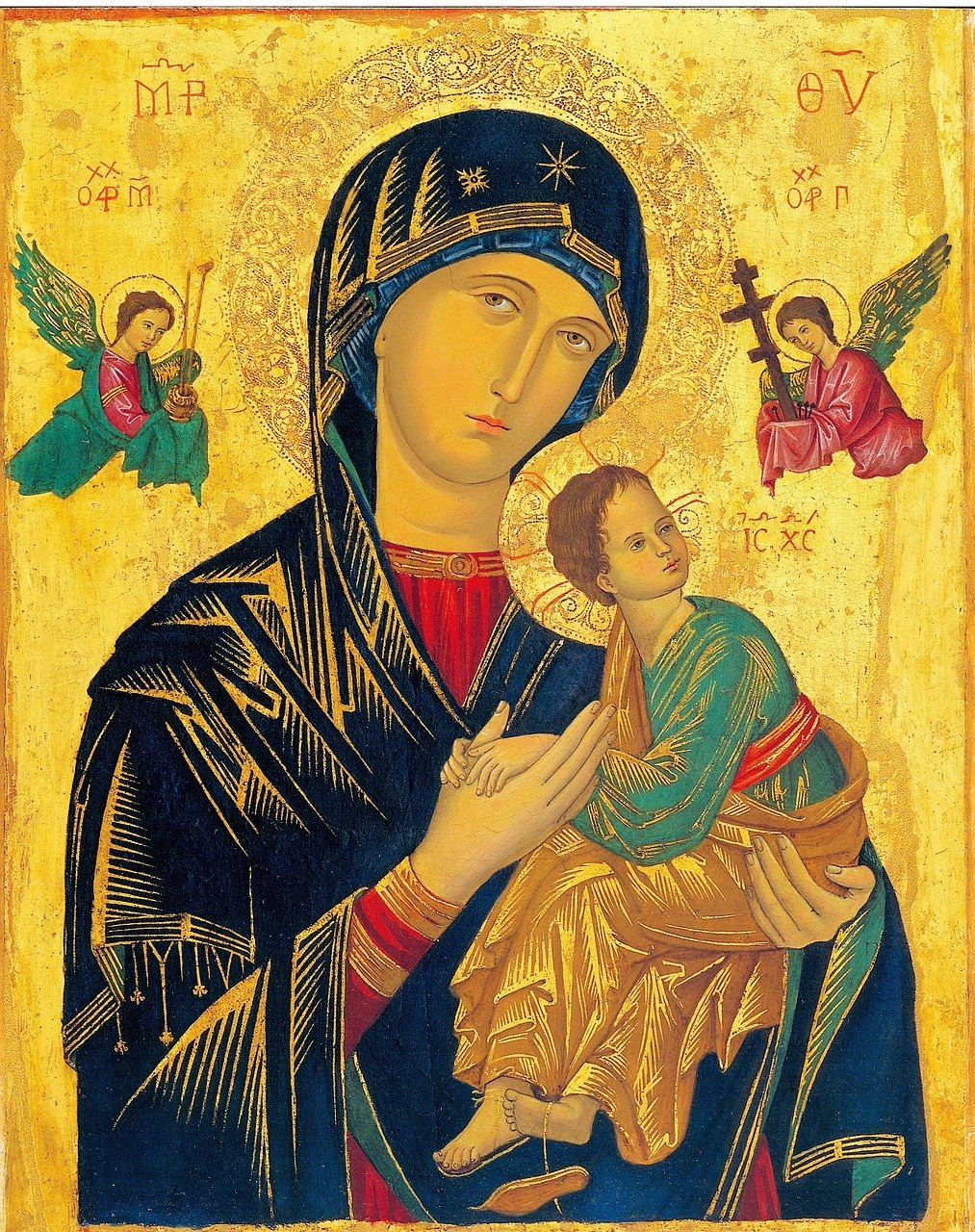Thanks to its extensive history and rich traditions, the Roman Catholic Church is known for its exceptional practice of idol worship.
Among these, the veneration of Mary, the mother of Jesus, stands out prominently. This practice and the reverence of dead saints have sparked significant controversy and debate within the broader Christian community.
Critics argue that these practices are not in line with the Bible, leading believers into idolatry, which ultimately separates them from the true essence of Christian faith and salvation.
The Worship of Mary
Catholic doctrine holds Mary in exceptionally high regard, often referring to her as the “Mother of God” and “Queen of Heaven.” This veneration manifests in various forms, including prayers, feast days, and the creation of statues and images. However, this practice raises several concerns:
- Unbiblical Foundation: Nowhere in the Bible is a command to worship or pray to Mary. The Scriptures emphasize worship and prayer, focusing entirely on God (Exodus 20:3-5). The New Testament highlights Jesus Christ as the sole mediator between God and humanity (1 Timothy 2:5).
- Intercessory Role: The Catholic belief in Mary’s intercessory role suggests that she can mediate or intercede on behalf of believers. However, the Bible clearly states that Jesus is the only mediator (Hebrews 7:25). By attributing such powers to Mary, Catholics inadvertently elevate her to a divine status, which contradicts the biblical portrayal of her as a humble servant of God (Luke 1:38, 46–55).
- Blasphemy and Idolatry: Elevating Mary to a status where she is prayed to and venerated is outright blasphemous. It ascribes to her abilities and honors that belong solely to God. The First Commandment (Exodus 20:3-6) is violated by worshiping other gods or idols.
Other Idolatrous Practices
In addition to the veneration of Mary, the Catholic Church practices several other forms of reverence that are idolatrous:
- Veneration of Saints: Catholics pray to saints, seeking their intercession. The practice is rooted in the belief that saints who have lived holy lives can plead with God on behalf of the living. However, this practice needs more biblical support. The Bible calls all believers “saints” (1 Corinthians 1:2) and does not endorse praying to those who have passed away.
- Relics and Statues: Catholicism widely uses relics (physical remains or personal effects of saints) and statues in worship. Believers often bow before these objects, light candles, and offer prayers. Such practices are idol worship, directly contradicting the biblical command against making and worshipping graven images (Deuteronomy 4:16–19).
- The Rosary: The Rosary is a devotional prayer in which Catholics repeat prayers, including the “Hail Mary.” This repetitive prayer structure and Mary’s invocation shift the focus away from direct communion with God through Jesus Christ. Jesus Himself warned against vain repetitions in prayer (Matthew 6:7).
The Biblical Stance on Idolatry
The Bible is unequivocal in its stance against idolatry. Idolatry, in any form, is seen as a severe sin that separates individuals from God.
- Old Testament Prohibitions: The Old Testament frequently condemns idolatry, depicting it as a betrayal of the covenant relationship between God and His people (Exodus 20:3-5; Deuteronomy 4:15–19). The prophets consistently warned Israel against the worship of idols, highlighting the consequences of such practices (Isaiah 44:9–20; Jeremiah 10:1–16).
- New Testament Teachings: The New Testament continues this condemnation, urging believers to flee from idolatry (1 Corinthians 10:14; 1 John 5:21). Paul warns that idolaters will not inherit the kingdom of God (1 Corinthians 6:9–10; Galatians 5:19–21).
The Call to Repentance
Catholics must engage in personal reflection and critically examine these practices.
In light of biblical teachings, the veneration of Mary and the saints, the use of statues, and the repetition of prayers not found in Scripture need to be reconsidered.
Rather than blindly following orders, taking personal responsibility and seeking understanding is imperative. According to the Bible, true worship of God can only be offered through Jesus Christ.
Repentance from idolatrous practices is necessary for Catholics, and embracing Jesus leads to a fresh start.
The gospel offers a clear path to reconciliation with God through faith in Christ alone (John 14:6; Ephesians 2:8–9).
True freedom and salvation await believers who forsake idolatry and adopt a faith grounded in the Bible, establishing a personal relationship with Jesus. A journey filled with hope and inspiration lies ahead.
In conclusion, aligning practices with the teachings of the Bible is crucial, even though the Catholic Church has a rich tradition.
Scripture condemns idolatry, which arises from the worship of Mary and other forms of veneration. Instead of blaming, this message advocates for love and acceptance through repentance.
Catholics must heed the call to repentance, avoiding these practices and seeking a relationship with God through Jesus Christ alone. This path leads to true salvation and eternal life, free from the bondage of idolatry. It is a path that acknowledges and cherishes each individual’s unique journey.
